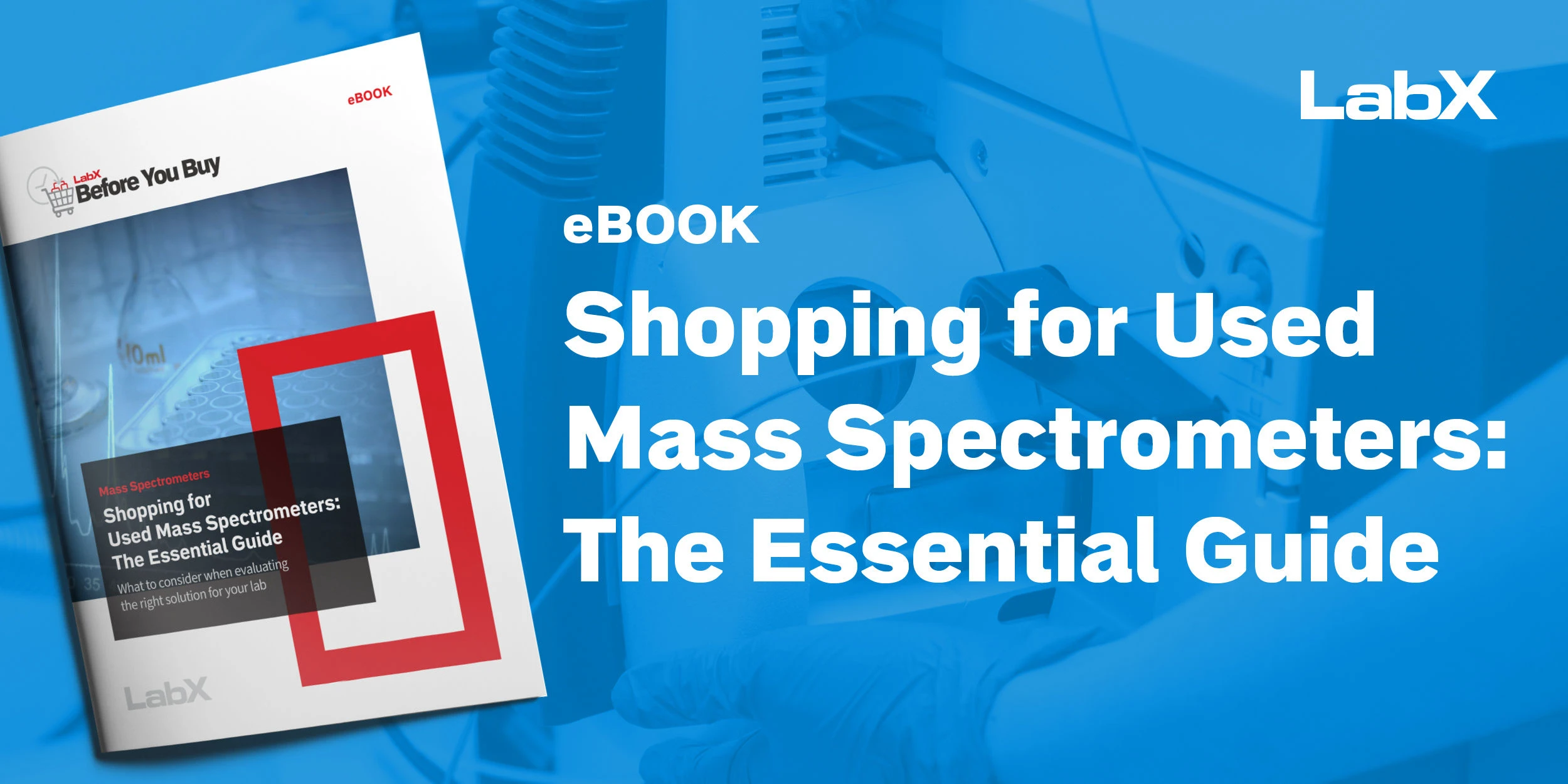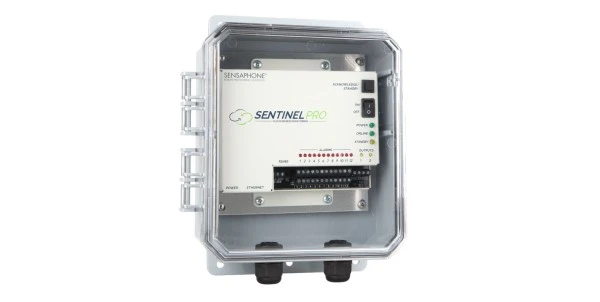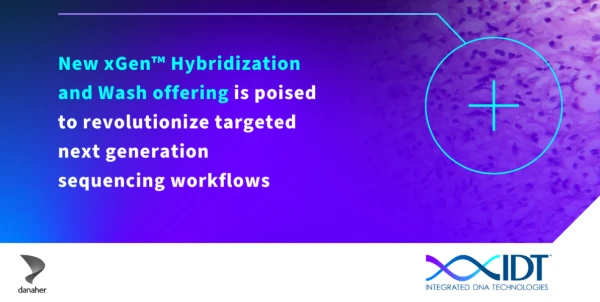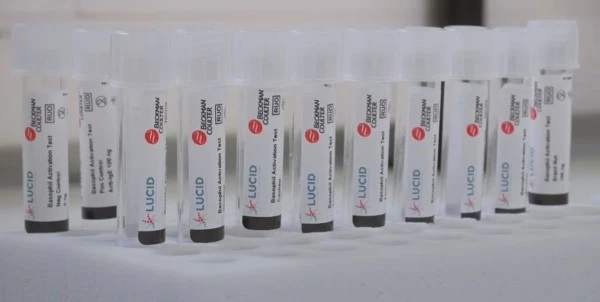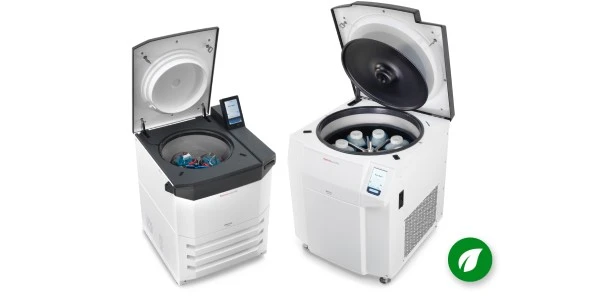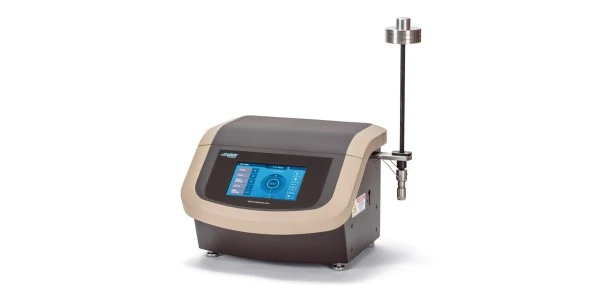5 Cannabis Industry Highlights in the Dawn of a Promising New Year
2018 witnessed the increased state-wide legalization of medicinal, and in some cases recreational, cannabis. The industry also won a victory in the FDA-approval of a first in class plant-based CBD pharmaceutical. Internationally, Canada joined the ranks as the second nation world-wide to embrace full-legalization – with others soon to follow.
As we complete the turn into the new year, many new and emerging developments – some monumental – promise to make 2019 a truly epic year for the cannabis industry.
Passage of the 2019 Farm Bill - Hemp legalization and reclassification
Of the more than 50 cannabis-related bills that were introduced in Congress during the 2017-2018 session, none seemed perhaps more promising than the introduction of the Hemp Farming Act into the 2018 Farm Bill.
Support for hemp legalization for industrial and medicinal uses has been a hot topic for many years, and consideration of the Industrial Hemp Farming Act of 2017 set the stage for legitimate congressional debate.
A revised version of the Act gained significant Senate support in 2018, roughly a year after it’s inception, and was ultimately rolled into the 2018 Farm bill. The House considered the 2018 Hemp Farming Act and referred it to several federal committees before also rolling into the 2018 Farm Bill.
The final version passed both the House and Senate and was signed into law late 2018 – officially titled the 2019 Farm Bill.
What is the 2019 Farm Bill?
The United States Farm Bill is the primary agricultural and food policy tool for the federal government. Renewed every five years, the bill contains policy positions on food commodities, trade, rural development, farm credits and subsidies, agricultural research, nutrition programs and many other areas.
The 2019 farm bill offered some relief to farmers affected by recent international trade issues among other important benefits. Introduction and inclusion of the Hemp Farming Act meant that hemp would become legal at last (or at least once again), thereby paving the way for an industry that could grow to 20 billion or more in the coming years.
What does the bill mean for hemp?
The new law means an end to hemp prohibition in the US, relabeling of hemp as an agricultural commodity, and removal of hemp from the Controlled Substances Act – where it will no longer be considered a drug of abuse.
As well, the DEA will no longer interfere with interstate commerce of hemp products, opening the door for banks, businesses, ecommerce, advertising, and other opportunities in and around hemp. The USDA and FDA will now monitor and regulate hemp processing and production at the federal level.
CBD legalization and the new FDA regulatory framework
When there’s hemp, there’s CBD. Legalization means that hemp-derived cannabidiol (CBD) extracts are also federally legal – although CBD products will now fall under the Food and Drug Administration’s jurisdiction. The FDA is moving swiftly in creating a regulatory framework for the marketing and instate sales of CBD products. The FDA is also continuing to crack down on spurious CBD production and marketing practices and false claims.
Growth of cannabis legalization and propagation of educational programs
Federal hemp legalization and the steady stream of state-level cannabis legalization in general will have widespread impacts on many facets of the industry in 2019.
Regulatory developments, and now the involvement of the FDA, will translate to stringent new federal standards for cultivation, testing, and production.
University programs designed to educate on the principles of proper cultivation, harvesting, contaminants and potency testing, etc, will likely be joined by private programs and perhaps government initiatives.
If the recent nation-wide legalization in Canada is any indicator, the industry in the US will see fantastic growth in the types of training programs available in the near future.
Increased opportunities for cannabis research
Increased access to cannabis will also be a boom for research. McGill University in Montreal has stated that access is a huge opportunity for research, with benefits to areas such as: plant genetics and biology, cannabinoid production and analysis, medicinal chemistry, and many others. Government and private sponsored research initiatives are making available considerable funds for all areas of cannabis science.
It is logical that a similar explosion of activity will happen in the US, primary in the areas of hemp production, testing, and processing. As an agricultural commodity, private and state universities, as well as independent companies, will undoubtedly provide substantial support into hemp research – with cannabis science as a whole to follow.
Growth of commercial opportunities for cannabis processing and testing providers
Its impossible to know exactly how these new legal developments in the US will affect the processing and testing areas of the industry. Without a doubt, however, there will be vastly abundant opportunities for equipment and instrumentation providers as the industry continues its upward trajectory. From propagation of hemp growth and harvest operations to proliferation of private and government testing labs, the landscape is ripe for all breeds of instrument and service providers.
As we move through the year, we will keep an eye on increased legal access while focusing on new technologies, methods, and equipment designed around this exciting and promising industry.
